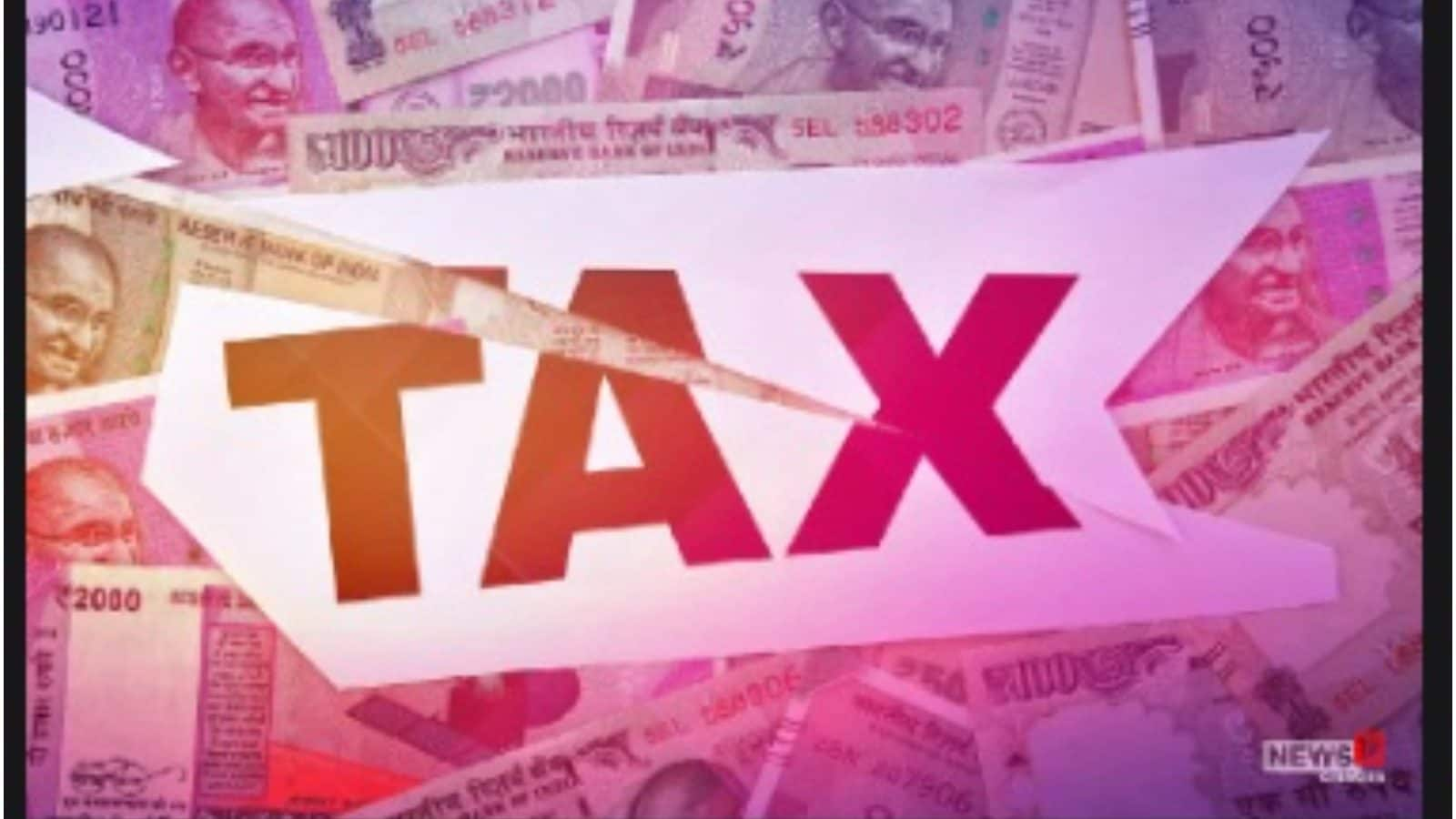Budget 2022: Custom Duty Reduced on Petroleum Oil, Jet Fuel; Key Indirect Tax Changes Here
UNION BUDGET 2022: The indirect tax provision introduced in the Union Budget have been with an endeavour to promote domestic manufacturing, sustainability, and incentives to states becoming active stakeholders in the national economy. There is an aim to nurture and nourish core sectors, with an eye on trust and ease of doing business in India.
From a trade and Exim laws perspective, a key change is to replace the existing SEZ laws with a new regulation which will have the states as more engaged stakeholders. The proposal also suggests an enhanced alignment with the Customs administration and the Customs IT systems, and the introduction of risk-based checks to promote business. This will help SEZ(s) to utilize their unleveraged capacity and operate at par with non-SEZ units, in terms of compliances and operations.
Another important step is the complete rationalization of the concessional duty regulations for import of goods for domestic manufacture. These will now transit to a completely automated system which will standardize, among others, forms and compliance, ability to claim notification benefits, payment etc. on a common e-portal. There is a greater emphasis on trust on exporters and self-assessment to provide duty benefits.
To incentivise domestic manufacturing, it has been proposed that concessional rates in capital goods and project import scheme be phased out gradually, and a moderate tariff rate around 7.5% be imposed. Some key duty changes are the reduction of Customs duties on Petroleum Oil, ATF, wool products, woven fabrics, yarn, cotton, electric motors, iron and steel scrap, lens used in manufacture of cellular camera modules, parts for use in manufacture of chargers, adapters etc. Customs duties are being increased for goods like umbrellas, solar energy cells and modules, imitation jewellery etc. to promote domestic manufacture.
The PLI Schemes introduced through the last budget have largely been successful in implementation. To this end, two new PLI schemes in solar module manufacturing and 5G telecom equipment supply, technology and R&D processes have been proposed.
Further, to promote domestic manufacturing in the smart watch, hearables (speaker, Bluetooth headphones etc.), and smart meters industries, a graded Phased Manufacturing Program has been proposed which implements a phased Customs duty increase from 2022-2026, on inputs required for manufacture in this sector.
Key changes in the GST laws include insertion of provisions to curtail availment of input tax credit if the same is not been mentioned in the supplier tax returns, provision of auto generated statements to verify credit, and the abolition of the provisional credit availment.
This implies that the recipient of supply has to be on the toes of its supplier to provide a correct outward supply statement. Proposal for levy of interest on excess input tax credit wrongly availed and utilized, from the initiation of GST laws have also been introduced. However, no clarity has been provided in the GST implications on ‘digital assets’ as compared to the legislation introduced for direct taxes.
To summarize, this has been a growth-oriented Budget on a trust-based governance platform. Support to manufacturing industries and MSME(s) is encouraging to help these sectors become globally competitive. The objective clearly is to fire economic development with ice cold stakeholder commitment to engineer the rebuilding of the nation’s economy.
(The authors, Rajat Bose is a partner and Neeladri Chakrabarti, a consultant, at Shardul Amarchand Mangldas & Co.)
Disclaimer:The views expressed in this article are those of the author and do not represent the stand of this publication.
Read all the Latest News, Breaking News and Union Budget 2022 updates here.
For all the latest business News Click Here

